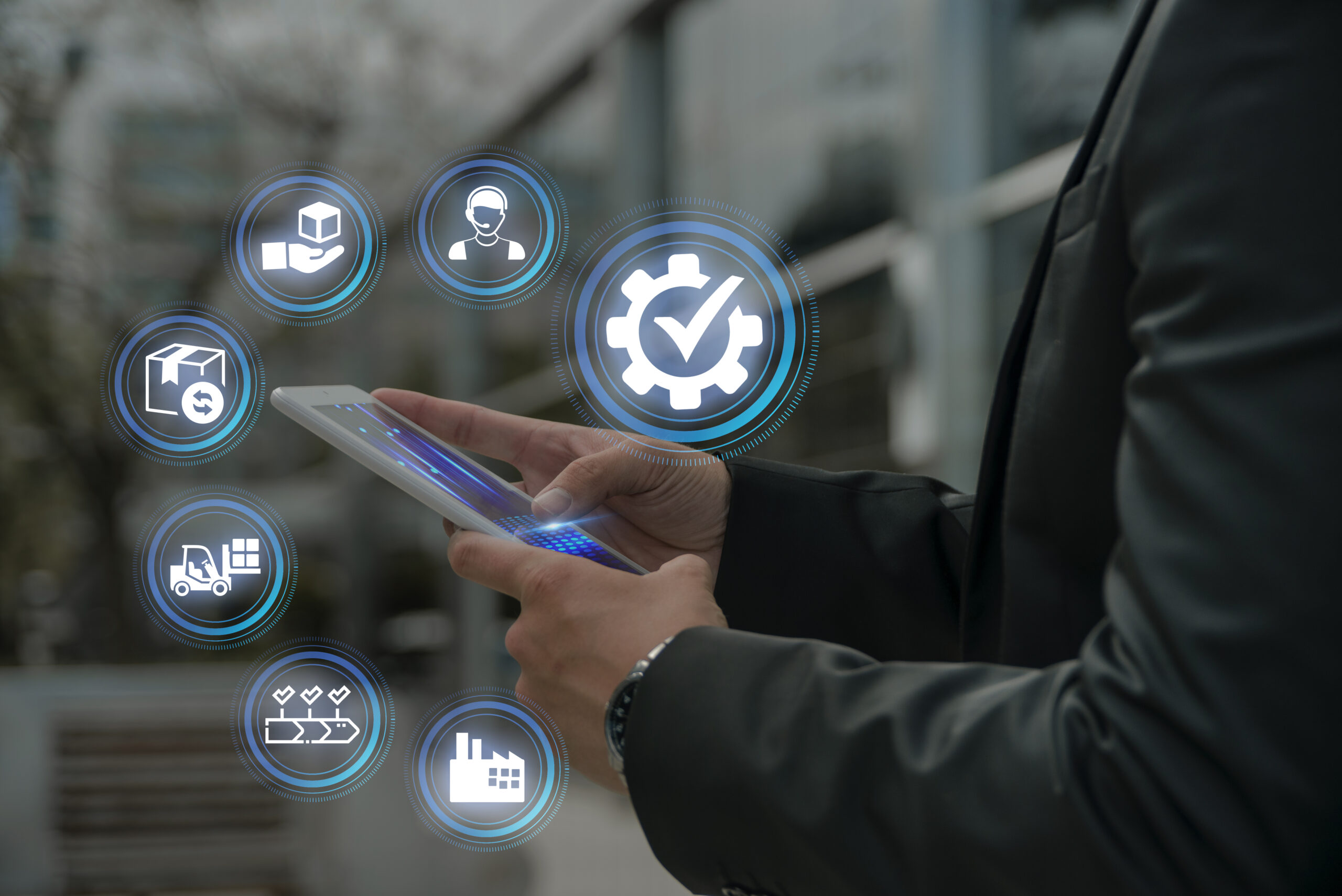
Over the past few years, the AI chatbot market has undergone phenomenal expansion, driven by technological advances and rising demand for automated support. In 2023, the global chatbot market was estimated at around USD 5.4 billion, with projections reaching USD 15.6 billion in 2025 and soaring to approximately USD 46.6 billion by 2029, at a compound annual growth rate (CAGR) of about 24.5% . Another analysis forecasts the AI chatbot sector growing from USD 6.84 billion in 2024 to USD 8.98 billion in 2025 and then expanding to a staggering USD 103.8 billion by 2034, with a robust 31.2% CAGR. These market indicators reflect an accelerating adoption across industries, emphasizing the strategic role chatbots play in business operations.
The backbone of modern AI chatbots lies in large language models (LLMs) and natural language processing (NLP) techniques. A 2024 study in the International Journal of Scientific Research highlighted how LLMs like GPT-3 and its descendants dramatically enhance chatbots’ understanding and natural dialogue capabilities. Industries such as e-commerce, finance, healthcare, and travel are increasingly deploying these models for customer interaction, technical support, and booking services. In the financial sector, regulatory reports underscore growing experimentation with generative chatbots that assist with real-time inquiries, balance checks, and fraud detection—all while adhering to compliance frameworks .

AI chatbots aren’t just faster—they actively empower human teams. A Harvard Business School study found that human agents assisted by AI responded approximately 20% faster, exhibited greater empathy, and delivered more complete customer support. Complementary academic reviews suggest chatbots can handle up to 70% of routine queries, freeing human staff to tackle more complex situations—resulting in cost savings, improved customer experience, and optimized workforce allocation . These findings align with real-world outcomes: the chatbot market study by Infomineo reports up to 37% faster first-response times and 52% shorter resolution times after chatbot deployment.
Despite their utility, chatbots are not infallible. Some studies highlight the potential for misinformation—especially in sensitive areas like health—where models may deliver confident yet inaccurate responses unless robust guardrails are in place . Other research emphasizes constraints such as limited emotional nuance, difficulty resolving multifaceted queries, and concerns over data privacy and compliance, particularly in regulated sectors . Industry assessments also reveal that while AI can boost productivity, it may inadvertently strain human agents when expectations around compensation and intellectual contribution aren’t addressed.

From both academic and industry perspectives, chatbots are most effective when used strategically and ethically. They are best suited to handle routine inquiries—order status, appointment scheduling, basic troubleshooting—while escalating complex or sensitive interactions to human agents. Research supports a hybrid model, where AI handles volume and speed, but humans handle nuance and empathy . Businesses should also ensure ongoing monitoring and training of their chatbot models, integrate clear escalation paths, and establish safeguards against misinformation or compliance breaches.
At Webface, we help clients adopt chatbots that are both powerful and practical. By combining research-backed AI with tailored workflows, we ensure these bots elevate efficiency without sacrificing brand voice or compliance. Our approach involves testing performance, refining dialog flows based on real usage, and embedding compassion and clarity into every interaction.
Not all business models rely on e-commerce but many can benefit from them, especially those that already send goods to customers, whether they’re B2B or B2C enterprises.
We develop e-commerce websites using various platforms, such as WooCommerce, Shopify, and Magento depending on your specific requirements and preferences. We are experts in finding the best solution for your business.
The development timeline for an e-commerce website can vary depending on the complexity of the project, the number of features, and the level of customisation required. On average, it can take anywhere from a few weeks to a few months to complete an e-commerce website. We also offer express solutions if you're in a hurry.
The cost of an e-commerce website design depends on several factors, such as the complexity of the design, the features required, and the level of customization. We create custom e-commerce websites that fit your needs and budget. Reach out to us for a cost estimation.
We can integrate a variety of secure and reliable payment gateways into your e-commerce website, including popular options such as PayPal, Stripe, and WorldPay, among others.